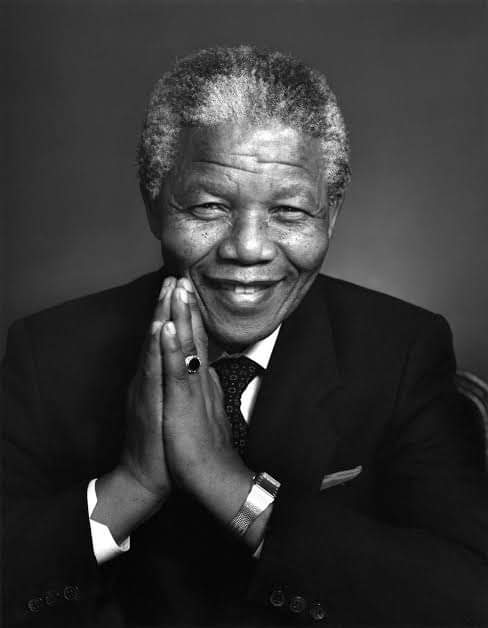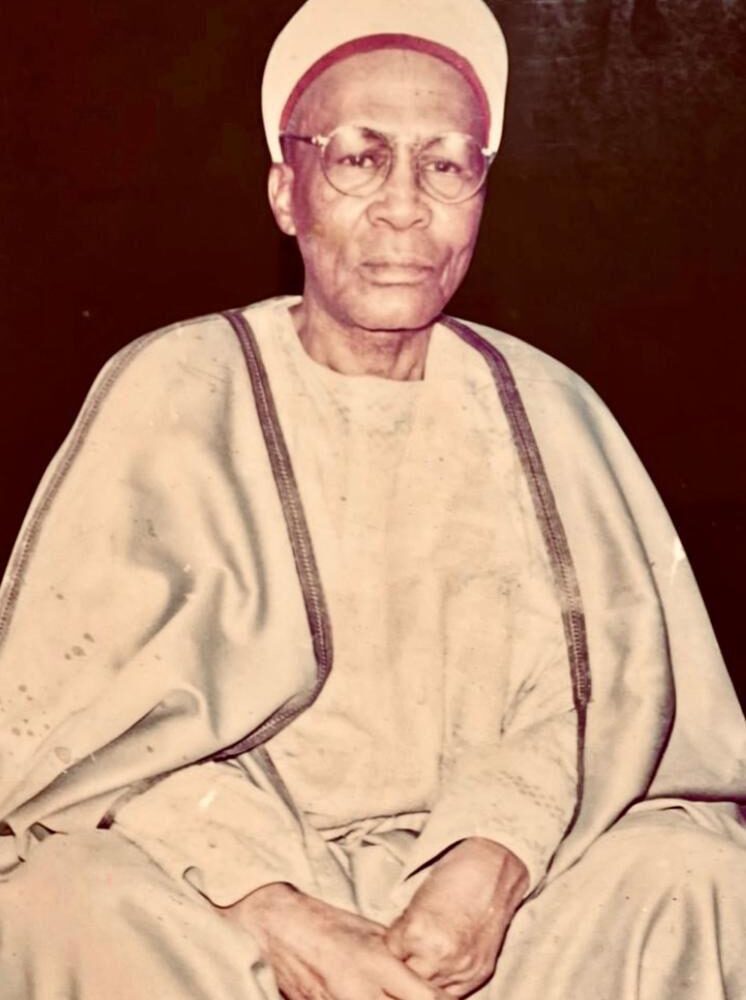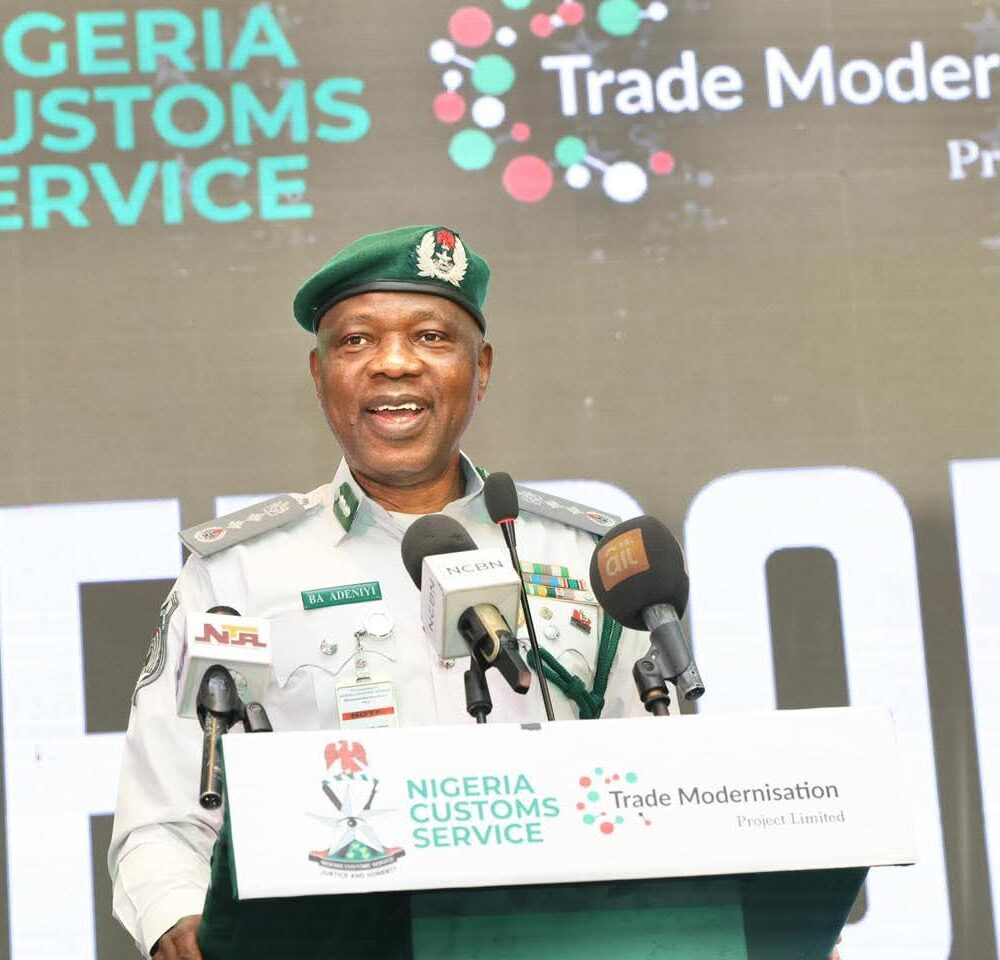Today is the birth anniversary of the late President of the Republic of South Africa, Nelson Rolihlahla Mandela. He is otherwise called Madiba. His life and times have been intentional banners that Africa has raised consciously to the world and rightly so, because he is an iconic, institutional brand when it comes to statesmanship, fight for justice, love of man, as well as ecumenism in its broadest definition and by every stretch of contention.
Indeed, the world has concurred to Mandela’s greatness, particularly since 2009 when the United Nations declared international observance of the Day. So, there can be no greater demonstration of Mandela’s greatness than his continued celebration as a statesman by all of humankind. The President of the Republic of South Africa, Cyril Ramaphosa, was therefore right when he stated this morning in his special message on the commemoration of Day to citizens of South Africa, that Mandela is “a statesman on the world stage”.
Mandela, even in death, has become a volume, possibly the most defining matrix in a tome that represents the contemporary history of South African struggles and aspirations. Mandela, an Anti-Apartheid revolutionary, nationalist and democratic socialist, became the first black president of South Africa and, indeed, the first president of the Republic to be elected in substantially democratic, popular, multiracial election in 1994, after his release from an unjustifiable jail term spanning 27 years. Yet, he opted to serve just a term as president.
The significance of Mandela can be gleaned better by very discerning and perceptive people when a reasoned view is taken of his brief tenure as president. His decision to serve a single four-year term, when he could have stayed forever to justify his sacrifices for the people, is a rare fact and truth of real leadership. When Mandela’s offerings are juxtaposed with those sore points of African history who called themselves our leaders, who did not make as much sacrifices as Mandela, yet, upon ascension to power they tinkered with Constitutions to stay in power in perpetuity, then we will appreciate Mandela’s greatness and the reason the world always stood in awe at the mention of the name, Mandela.
While Macky Sall, the President of Senegal, is the newest painful addition in the continental misfortune on leadership, Mobutu Seseseko of Zaire (now Democratic Republic of Congo, otherwise called Congo Kinshasa), represented such a tragic blight on African history. His brother and fellow member of the infamous lot of African leaders noted for sit-tightism, the Cameroonian Paul Biya, is still the President of Cameroon, he has been for 40 years, despite being irredeemably senile. Many traditional monarchs did not reign for even a score years, half of the years Biya has been in the saddle in Cameroon. Felix Houphouet-Boigny too wanted to be synonymous with Cote d’Ivoire as President, which he was from 1960 till December 1993 when he passed. Like Mobutu, Houphouet-Boigny was an uncanny waster of his country’s scarce resources. He built the world’s largest cathedral in his hometown of Yamoussoukro. He turned the town to what Seseseko made of his own village, Gbadolite. That seemed to be what Nigeria was making of Daura in the last eight years.
The number of projects sited in Daura and environs in the last 8 years reveal the real character of President Buhari and his administration. There is no reversal of fortune more pitiable than when a leader elected by a whole nation turned so devastatingly provincial. I pray that those projects in Daura (the city being originally a centre of a good civilisation), do not suffer the same fate as Yamoussoukro and Gbadolite. It will be my eternal joy to see Nigerians get the real derivable benefits of those projects, though such infamy and lopsidedness in development initiatives are clearly shameful and open sores in statesmanship. These regrettable actions are the reasons we will continue to celebrate Mandela.
Mandela’s political ideas basically speak to democratic socialism, the pursuit of equality, the promotion of rights and rejection of unfreedoms to advance political development. Yet, Mandela did not set out to achieve his objectives through violence but through what one perceptive writer called ‘legal revolution’. Mandela lived for equality of races, promotion of rights, and love for others. That love for others despite his unjustifiable persecution makes his commitment to ecumenism so rare. I have studied Mandela extensively and have come to see his political philosophy and ethical disposition as distinctive, exemplary and iconic.
As a honorary member of the faculty of Rome Business School, earlier this month, I exercised my prerogative to review the course objectives and outlines that were sent from Rome concerning the lecture notes on ETHICS IN POLITICS, one of the courses I teach graduate students of Corporate Communications. As I reviewed the notes with the Didactic Team, I retained the note on Machiavelli, and of course on Immanuel Kant, my favourite of the thinkers and philosophers of The Enlightenment, The Reformation and The Renaissance era in Western philosophical thought. I made a substantial review on that course than I ever did on others.
It was people like Mandela that triggered my action as I tried to strike a balance between theory and praxis of political ethics, migrating from narrativizing philosophical submissions to implementation of political thoughts by leaders and politicians. I added Nelson Mandela, Kwame Nkrumah, Julius Nyerere, Obafemi Awolowo, Jawaharlal Nehru, Mao Tse-Tung, Fidel Castro and Franklin Roosevelt. I told my students to be ready to answer questions on at least one these people in the examination and based on our discourse. And I am not done, I am even getting more excited at re-storying African strides. Indeed, the Premium Times Media Group has recently emboldened me with its planned launch (on 22 July) of the Madiba Foundation for Good Governance. We need more of these initiatives and institutionalization.
We need to tell our story to the world in contexts that make meaning. We need to inject African contributions to the redefinition and rehumanizing of humanity into Western scholastic contemplations and practices, because despite our challenges, Africa has made great, profound and remarkable offerings to humanity, not for the known reason of the Continent being the cradle of human civilization but for the more important reason that Mandela and many others made us prouder as inheritors of a great civilisation. Rest in Peace, Madiba!
Photo Credit: Yousuf Karsh





